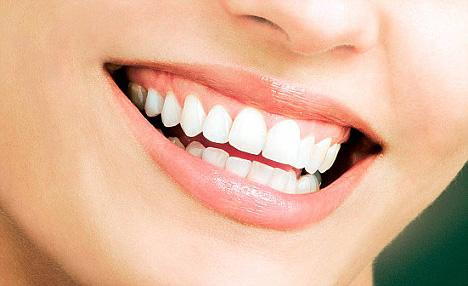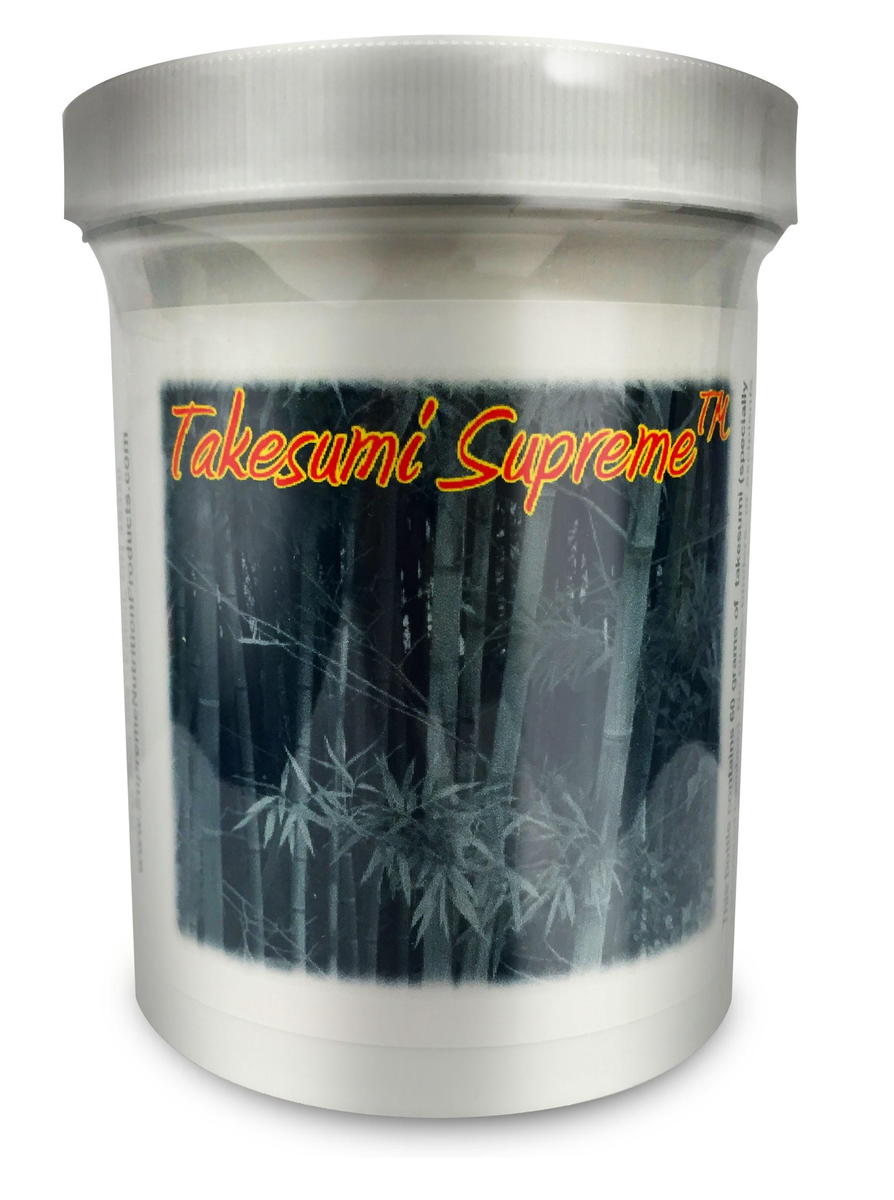- posted: Jan. 17, 2017
This week, we want to discuss healthy tooth and mouth care. Also, as we lead up to Thanksgiving, we wanted to share some tasty dishes to spice up your table. Check out our office schedule for next week and other happenings!

Fighting Tooth Decay with Diet
Skip the Sugar
If you are already following the Dr. P Protocol, this isn't a concern for you. Look, we know that sugar is terrible for us. It is a root cause of inflammation and disease. With respect to teeth, sugar is a major contributor to tooth decay caused by bacteria that feeds on sugar. This bacteria called plaque, sticks to your teeth and produces acids that eat through tooth enamel. One of the best things you can do for the health of your mouth is to skip the sugar.
Reduce Phytic Acid Intake
Phytic acid impairs the absorption of iron, zinc and calcium, promoting mineral deficiencies in the body. It is also classified as an enzyme inhibitor and is often referred to as an anti-nutrient. It is found in grains, nuts, seeds and beans. We blame the consumption of grains, a cornerstone of the Standard American Diet, to the spike in cases of mineral deficiency. This can present in the form of osteoporosis and weak teeth. About 80 percent of phosphorus in grains and beans is bound to phytic acid, rendering it unabsorbable. In addition to blocking phosphorus availability, these acid molecules bind to the minerals necessary for oral health. Phytic acid is much higher in foods grown using modern high-phosphate fertilizers than those grown in natural compost. When consuming nuts and seeds, find options that are organic and non-GMO.
Consume Nutrient-Rich Foods
Increasing your fat-soluble vitamin intake (A,D, E, and K) as well as mineral intake will help to strengthen teeth and enamel. Consuming a diet rich in bone broth, meat, fish, eggs, nuts, and veggies (aka-the Dr. P Protocol) is best for ensuring that you are consuming the necessary vitamins and minerals. Also, make sure that you are getting enough vitamin D through time spent in the sun or through a vitamin D supplement.
Oil Pulling
Oil pulling is rooted in Ayurvedic medicine. It uses oil to clean and detoxify teeth and gums. Oil pulling fights harmful bacteria in the mouth, and has the added effect of naturally and gently whitening teeth. It is an effective method of cleansing your teeth including the smallest crevices along your molars that the bristles of your brush may not reach. As mentioned, bacteria is the root cause of bad breath, cavity formation, and gingivitis. These bacteria have fat-soluble membranes membranes that are broken down with the mechanical action of swishing and pulling oil.
Here's how to do it: Basically, you swish a couple teaspoons of an organic oil around your mouth for 20 minutes, spit it out and rinse your teeth. Simple! It is recommended to do this practice in the morning before eating or drinking anything. Organic sesame oil is traditionally used in oil pulling, although organic olive or organic coconut oil are also good options (we prefer coconut oil). 20 minutes may seem like a long time, but this timing is crucial as it is long enough to break through the bacterial membrane, but not long enough for the body to reabsorb the toxins. After you have finished pulling, the oil/saliva mixture will be a milky white color. It may also double in volume.
Whiten Teeth
As mentioned above, oil pulling can help with tooth whitening. Another method for whitening teeth, which seems to be all the rage right now, is brushing with activated charcoal. Why does this work? We know that when we ingest activated charcoal, it binds to toxins and acts as a vehicle to excrete them. On teeth, it binds to surface stains, like those caused by tea, coffee, or wine. Activated charcoal binds to organic compounds, not minerals, so there should not be a concern of it pulling calcium from the teeth.
Give it a go! It's easy...here's how: Dip a clean, wet toothbrush into the powdered charcoal (Takesumi, linked below). Lean over the container of charcoal, and quickly put the charcoal covered toothbrush in your mouth (to minimize dripping and protect your sink). Gently brush in small circles for 2 minutes, then spit and rinse well. If you have sensitive teeth and are worried about the charcoal being too abrasive, try dabbing the charcoal onto the surface of your teeth with a finger and allow it sit there for two minutes before rinsing.
Fight Halitosis
Here are a few extra tips to freshen breath:
- Drink plenty of water.
- Replace your toothbrush every two to three months.
- Chew a handful of cloves, fennel seeds, or anise seeds. Their antiseptic qualities help fight halitosis-causing bacteria.
- Chew a piece of organic, washed lemon rind.
- Chew a fresh sprig of parsley, basil, mint, or cilantro. The chlorophyll in these green plants will neutralize odors.
Natural Toothpaste Recipe:
As we spoke about in last week's newsletter, there can be dangerous chemicals found in traditional drugstore toothpastes. Be sure to read the label of any purchased toothpaste, or you can make your own at home! There are lots of natural toothpaste recipes out there. Here's one to try. Just mix it in a glass, lidded jar and keep it next to your bathroom sink.
- 4 tablespoons coconut oil
- 2 tablespoons baking soda
- 30 drops essential oils *Mix your own! We like a combo of peppermint and clove. :)
- 30 drops trace minerals *Directly applying trace minerals to teeth speeds up the remineralization process, especially if your diet has been lacking these essential nutrients.
- optional--stevia to taste
Locations
6940 South Holly Circle Suite 201
Centennial, CO 80112, US
Office Hours
Our Regular Schedule
8am - 1pm
3pm - 5pm
8am – 1pm
3pm – 7pm
Closed
Closed
8am – 1pm
3pm – 7pm
8am – 2pm
Closed
Closed
Closed
Closed
Closed


